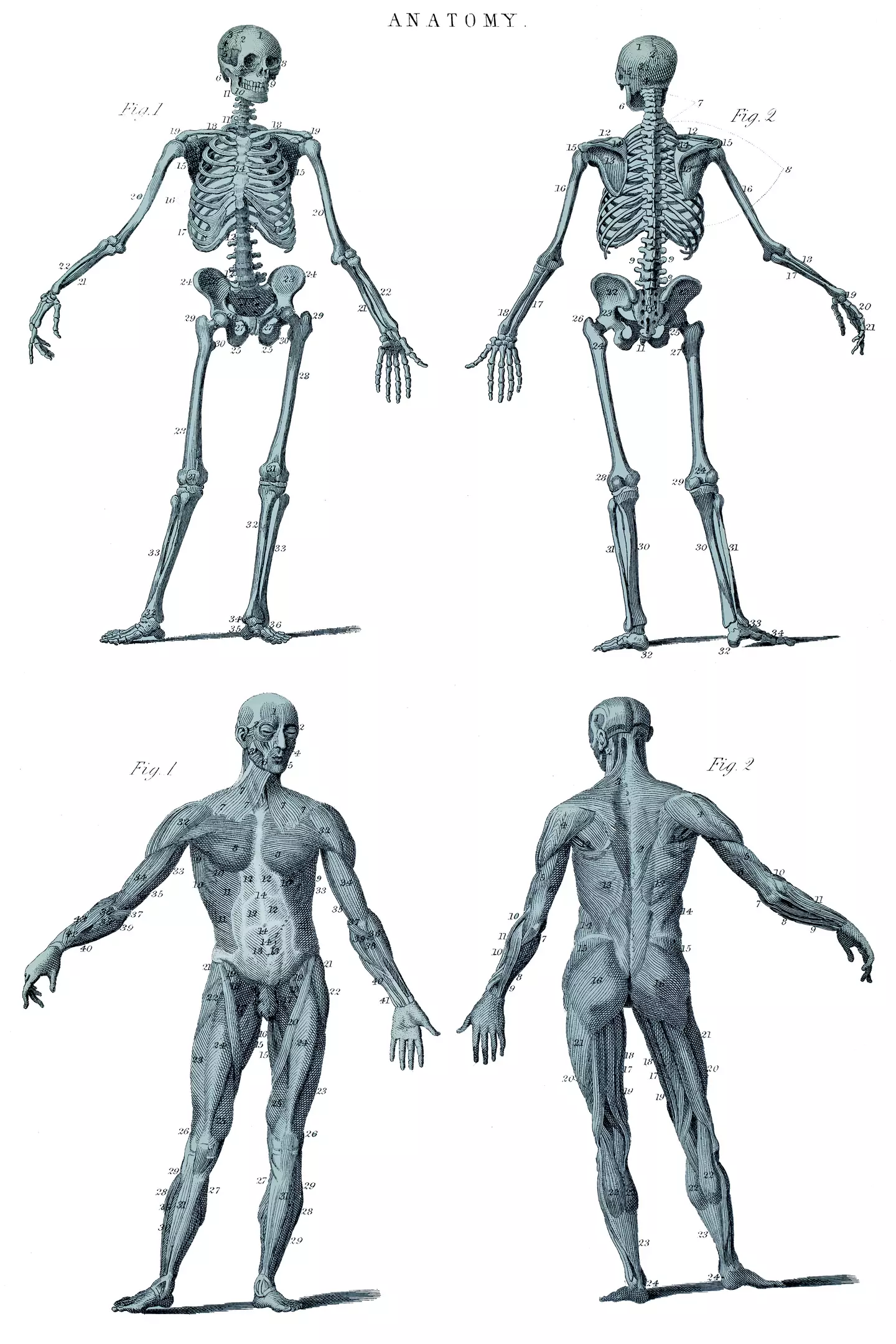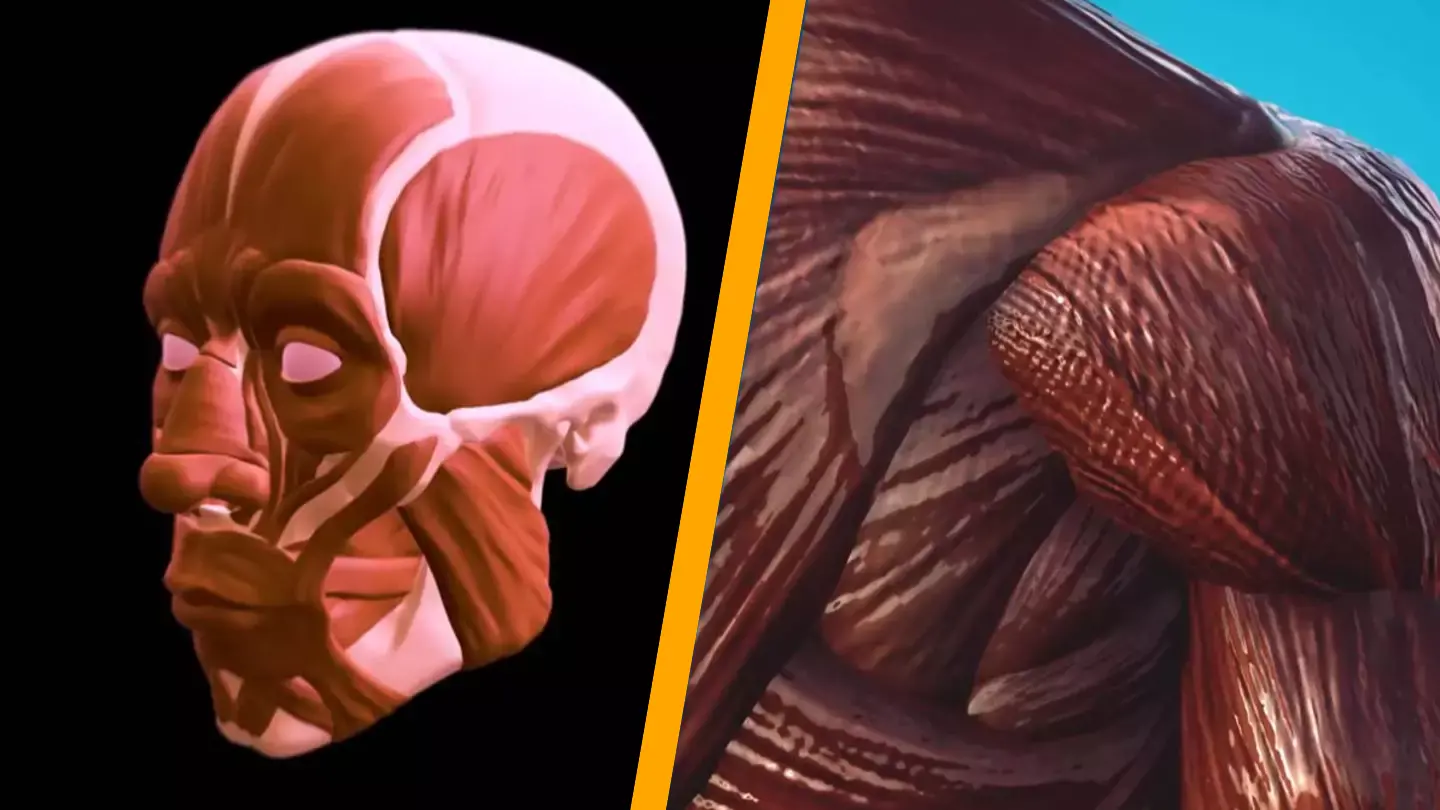When you think about the strongest muscle in your body, what comes to mind?
Historically, some have claimed that the tongue holds this title, but that’s actually a misconception.

First off, the tongue is not a single muscle but rather a complex group of eight distinct muscles.
While it’s certainly very versatile and vital for speech, the tongue doesn’t qualify as the strongest muscle by any measure of strength.
So, which muscle can be considered the strongest?
The definition of strength plays a crucial role in answering this question since different criteria can yield different results.
Our bodies contain over 600 muscles, categorized into three main types.
These include skeletal muscles, which are attached to bones and facilitate movement, smooth muscles that surround hollow organs like the stomach, uterus, bladder, and intestines, and cardiac muscles.
While smooth muscles perform essential functions like moving food through the digestive system and aiding in bladder control, they are not designed for strength.
Skeletal muscles, on the other hand, are stronger contenders for the title of strongest muscle.
But what specific criteria should we use to measure strength?
If we consider the muscle that can exert the most force relative to its size, the masseter muscle, which is connected to the jaw, stands out.
This muscle can apply substantial force, enabling us to chew our food. It commonly exerts about 200 pounds of pressure on the molars, with record human bite forces reaching up to 975 pounds!

Endurance could also define the strongest muscle, making the heart an indisputable candidate.
Interestingly, the heart isn’t a skeletal muscle but a cardiac muscle. Given its relentless activity essential for life, it’s arguably the most hardworking muscle.
If we define strength by size, the gluteus maximus, the largest muscle, takes the lead. Besides cushioning us during falls, it helps maintain balance and posture.
What about the muscle that produces the greatest overall force?
This would be the soleus, located just below the calf muscle. It continuously works against gravity, enabling us to walk and run.
People were amazed, with one social media user commenting: “How am I just seeing this?” Another wrote: “Who else thought it was the butt.”
A third person added: “I have literally never thought that about the tongue.”
Special mention should be made of the eye muscles, which perform numerous precise movements to control our gaze.
And let’s not forget the diaphragm because breathing is essential.

